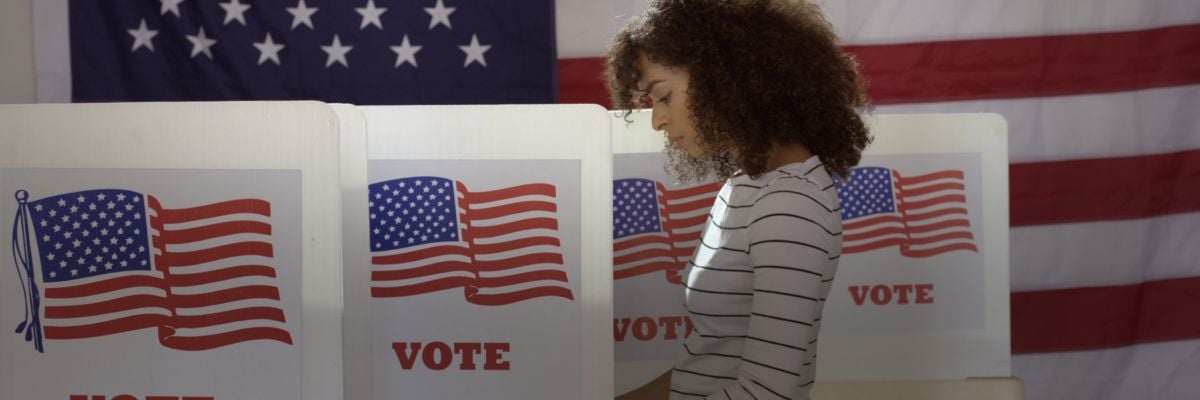
Now that the new administration is in office, I hope we will be spared, for another four years, more articles explaining the Catholic vote. It should have been clear years ago that there is no Catholic vote. There are Catholics who vote, but most of them voted in November for a presidential candidate who not only strongly supported abortion but also infanticide, which went under the euphemism “partial-birth abortion.” If this is how Catholic voters vote, maybe they should be disenfranchised on the grounds of moral incompetence.
Catholics are indistinguishable in their voting from other Americans, whether religious or unchurched. It was not always the case. There was a time when Catholics voted more or less together—partly because they were told to, but partly because they were working from principles. They had in their minds firm ideas about right and wrong, and they were emboldened to “impose” those ideas on society by priests who had been commanded by their bishops to keep the faithful in line. This worked particularly well in local or regional elections but also worked, to a large extent, in national elections.
Ironically, years ago there was no great need for voting instructions from the pulpit because another sort of instruction regularly came from the pulpit. Catholics voted as a bloc in consequence of the moral teachings they had received from sermons. Although those teachings, at election time, were bolstered by “suggestions” on how to pull the lever or make an X, the key was the underlying teaching that was accepted by most of the laity. Catholics voted as a bloc because they first thought as a bloc.
So what happened? Among other things, the Church in America has been corrupted by financial success. We are wealthy and do not want to lose our tax exemption, which we think is the source of our wealth. Thus the Church shies away from controversy. Even abortion is downplayed, compared to the situation twenty years ago. Many dioceses now forbid the distribution at parishes of any kind of voter education guides. They fear that explicit endorsements or condemnations might result in the loss of their tax exemption. No write-offs, no donations.
That thinking is all wrong, and thus the strategy of disengagement is all wrong, both for the financial health of the Church and for the good of the wider society. Just the opposite course should be taken. As elections approach, dioceses throughout the country should play hardball. They should name names, producing lists of candidates who are verboten for Catholics. Priests should say from the pulpit that you cannot be a good Catholic and vote for, say, pro-abortion candidates.
Might this plain talk result in suits that end the tax exemption? I hope so. The fear of losing the exemption has cowed Catholics. We do not speak up because our priests and bishops do not speak up, except in sanitized tones. Let’s be bold, take a stand, and take the punches. My guess is that a bold Church will get far more in donations, even if they are not tax-deductible, than will a timid Church. Beyond that, a bold Church will instill in its members the courage to do what is right in the voting booth. And that, in turn, will benefit the rest of our society.



